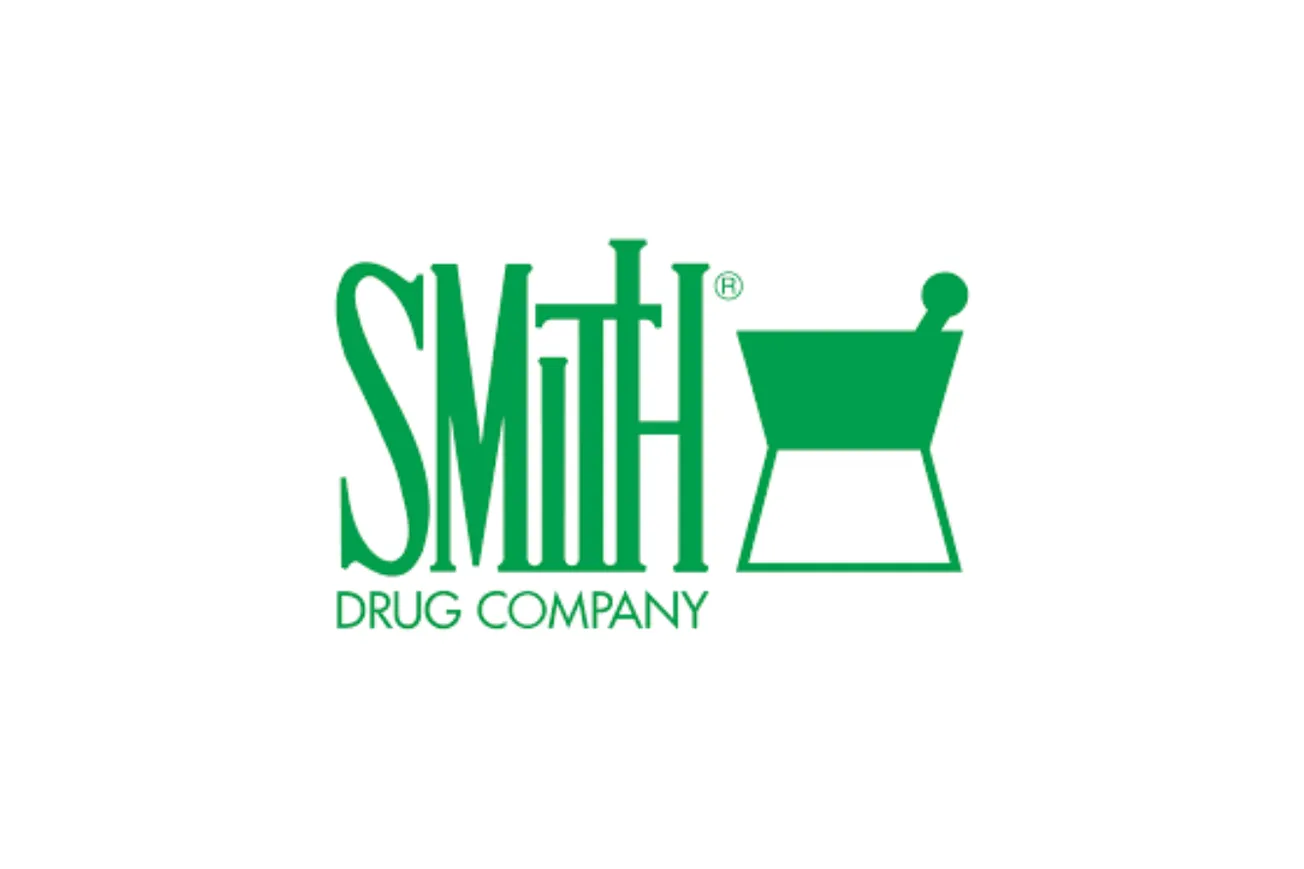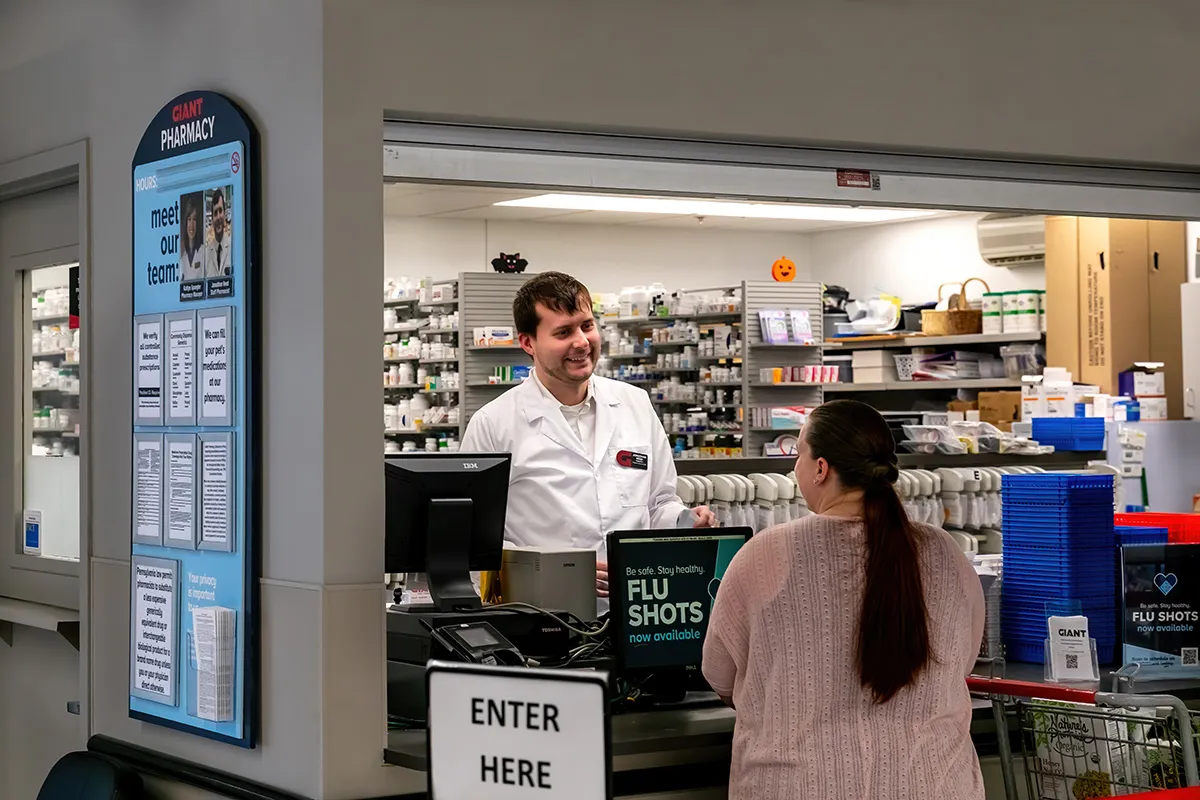WASHINGTON– The Council for Responsible Nutrition (CRN) has issued a response to FDA Commissioner Robert Califf’s recent remarks at the NIH-FDA Nutrition Regulatory Workshop, criticizing what they see as his dismissive stance toward the dietary supplement industry and its consumers.
Commissioner Califf’s call for premarket evaluation of dietary supplements and his assertion that “very little evidence” supports these products reflect a fundamental misunderstanding of the Dietary Supplement Health and Education Act of 1994 (DSHEA). According to CRN, these comments ignore the substantial scientific investments made by the industry, including billions spent on clinical trials, peer-reviewed studies, and safety evaluations.
“DSHEA already provides the FDA with robust regulatory oversight,” CRN stated, highlighting existing measures such as new ingredient safety reviews, stringent labeling requirements, Good Manufacturing Practices, adverse event reporting, and facility registration. “Dietary supplements are not pharmaceuticals. Drawing comparisons between the two disregards their inherent differences and the balanced regulatory framework established by Congress.”
CRN emphasized that the dietary supplement industry has long been committed to science and innovation. “Commissioner Califf’s claim of insufficient evidence disregards the significant body of research available on platforms like the National Library of Medicine’s PubMed and the Office of Dietary Supplements’ Fact Sheets,” the organization argued.
The group also pointed out that the FDA already possesses the authority to remove unsafe products and take action against non-compliant companies but has not consistently enforced existing regulations. They proposed implementing a mandatory supplement label registry, a measure supported by responsible industry stakeholders, to enhance transparency and accountability without imposing premarket approval requirements.
With Commissioner Califf’s anticipated departure from the FDA, CRN sees a critical opportunity for new leadership to adopt a more balanced and informed approach. They urged incoming leaders to acknowledge the scientific contributions of reputable companies, restore consumer trust, and align with Congress’s vision of a well-regulated, innovative marketplace that supports both consumer access and public safety.
“It’s time to move beyond unfounded critiques,” CRN concluded, “and foster a regulatory environment that ensures safety, transparency, and continued scientific progress in the dietary supplement industry.”








